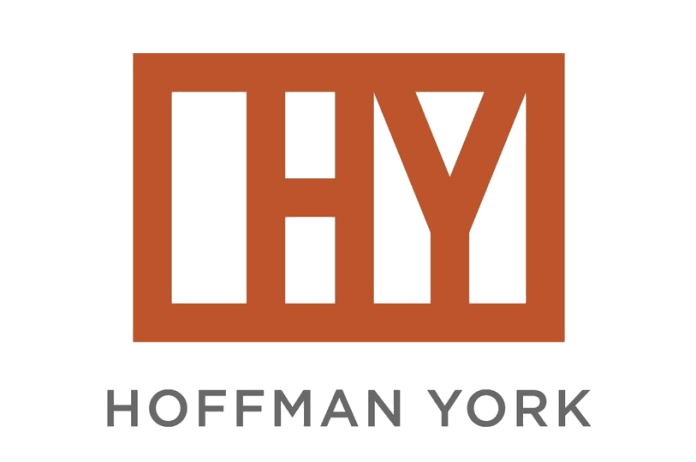Our partners & customers
Trusted by 1000+ IT Solution Providers and Enterprises


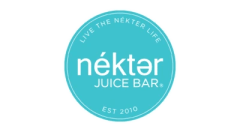


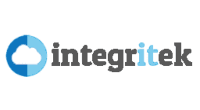




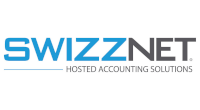
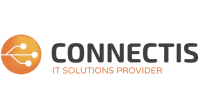
Turn your Azure Blob Storage containers into file sharing services with secure remote access, file sync and share, also known as Dropbox alternative solution that you privately own and control from within Azure Blob Storage.
Triofox has revolutionized the way our office works remotely. The software is evolving rapidly, and the cross-platform support makes it a breeze to keep my business working.
Eric Sindic
Information Technology Manager
Hoffman York
Microsoft Windows Azure includes Azure Blob Storage, Azure Compute, and many other cloud computing services. It is powerful because it puts together many building blocks for a secure file sharing service that you can fully own and control. Unleash the power of Windows Azure as an enterprise cloud file server with desktop drive mapping remote access, secure file sharing via web browsers, and accompanied by mobile apps for iOS and Android devices.
Every mobile worker knows about mapping local drives to access a central file server. A mapped cloud drive to your underlying Azure Blob containers provides the same user experience and saves time and money on user training.
Cloud drive mapping supports on-demand access so that laptops with smaller SSD drives can see the full scope of the shared cloud drive without storing 100% of the cloud drive content locally. It doesn't force mobile workers to upgrade their remote devices and save money. The content of your Azure Blob container can continue to grow and your laptop with SSD can continue to dynamically work with the content.
As an enterprise CIO, you are approved to use Windows Azure, but not Dropbox. Now you can combine the robust platform of Windows Azure with the ease of use and productivity of Dropbox to get a Windows Azure-based Dropbox alternative solution.
Has a simpler strategy for migrating and configuring permissions than SharePoint, Dropbox or Google Drive - inherit them directly from your file servers as they migrate to Azure.
Encryption of the local cache located on the local hard drive of a machine. When the access token is revoked, the files in the local cache are no longer available.
As an enterprise file sharing solution, file locking is available for team collaboration.
A solution that provides secure remote access and file sharing, disaster prevention and recovery for on-premises file servers with easy cloud migration to Azure Blob Storage. Mounting Azure Blob Storage containers as a network drive is one of the most popular features.
Combines on-premises file servers and Azure Blob Storage for secure remote access without the need of using a VPN.
Uses Azure Blob Storage as a central cloud file repository with version control, file change history, and audit tracing to ensure business continuity for on-premises file servers.
Uses Azure Blob Storage in the cloud for secure mobile file sharing via a web browser or mobile apps.
Sets up a hybrid deployment between on-premises file servers and Azure Blob Storage that can later be seamlessly converted to an Windows Azure-only.
The user sees the files and folders, but the files are downloaded only when they are required, so the local hard disk can be much smaller than the entire contents of the file server.
Automatic file locking locks files when users are actively working on them. Manual file locking is also available to check out files and check them back in after changes.
For files that are modified, earlier revisions of the file are kept in case they are still useful at a later time. The version history and retention policies are available.
Files and folders that are frequently used can be marked as favorites for offline access. For files marked as offline, they are pre-fetched into the local cache for later use.
Detect suspicious activity and block ransomware on endpoint devices. If an unusual frequency of file modifications is detected, the protection mechanism kicks in to lock the device.
Unlike VPN connections, which can interrupt file transfers if the underlying Internet connection is unstable, additional reliability features have been built in to overcome Internet disruptions.
For large files with minor local changes, binary differential blocks are calculated, and the individual blocks are uploaded instead of the entire file to save bandwidth and time.
Encryption is available for files located in the local file cache to protect those files downloaded to the local cache. Without a successful login, these files remain encrypted at rest and are protected.
Audit traces and file change history logs can be used to analyze who changed which files on the local computer at what time, or moved files and folders from which source to which destination.
As an Azure Dropbox alternative solution for enterprises, cloud drive mapper and folder synchronization features work hand-in-hand to provide additional business continuity capabilities for business users. Synchronize the on-premises "Documents" folder with the corporate cloud file server backed by private Azure Blob Storage containers for easy offline editing and with endpoint backup.
Check out the following folder synchronization features!
The synchronization folder is subject to version control for conflict detection.
Files and folders in the cloud can be reverse-synced down to the local to create a local backup.
Version control can be used to resolve conflicts with offline edit mode.
Local files can be read and modified when the laptop is not connected.
Shared folders on the file server network can be backed up to private cloud storage accounts.
Folders from edge device can be backed up to centralized corporate file servers.
